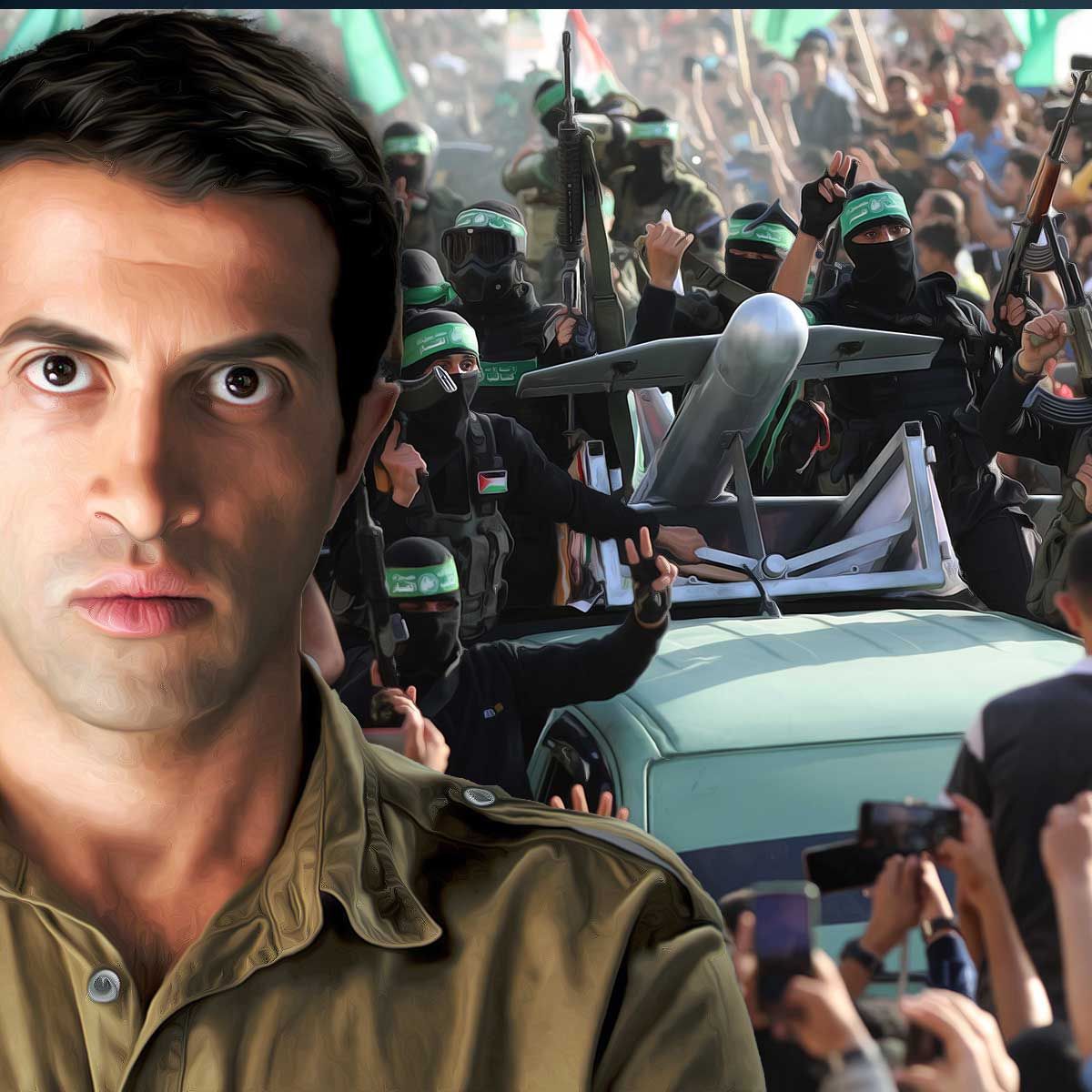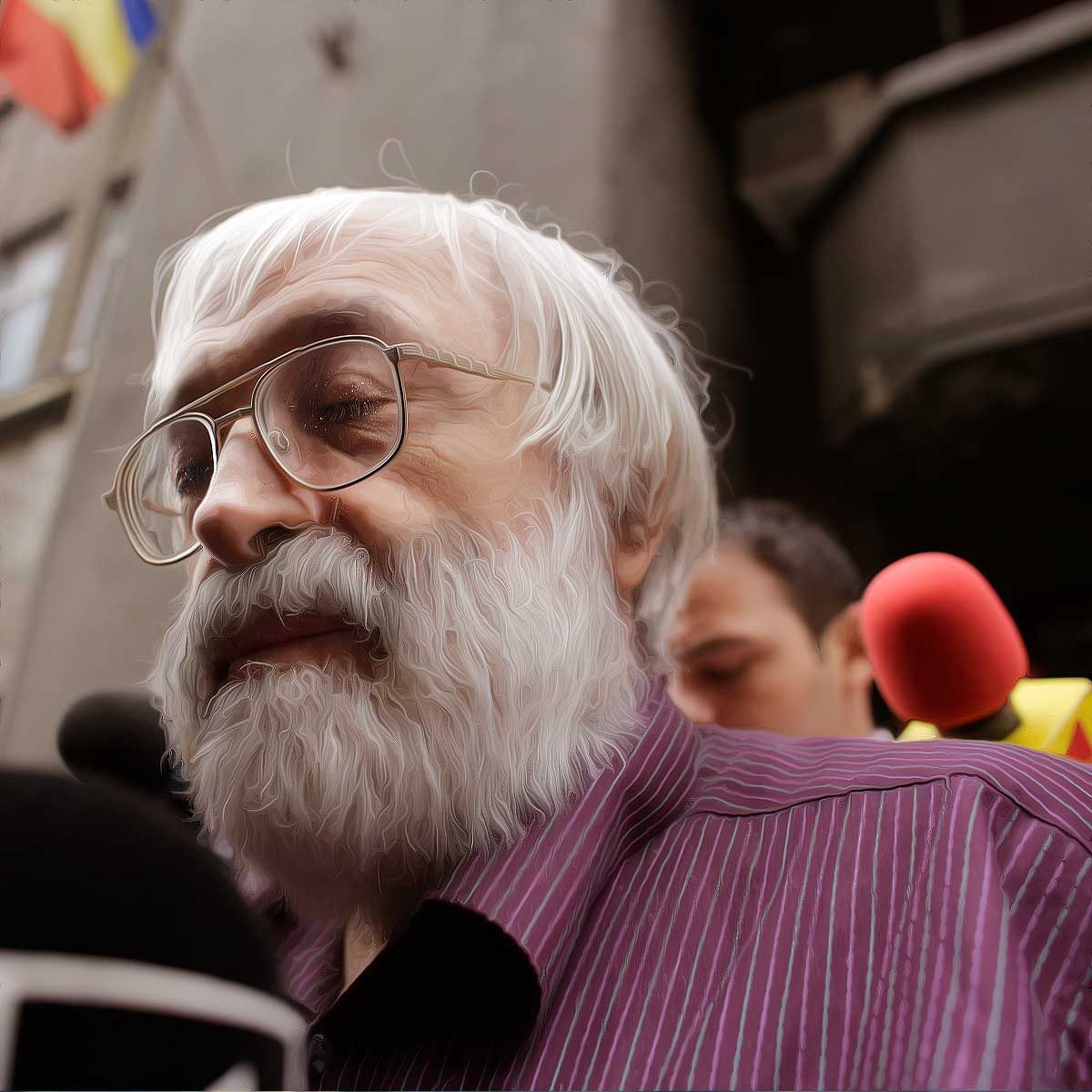Global Archive

‘Execute Hamas terrorists including my father, no exceptions’: Son of Hamas terrorist asks Israel to not go easy on Hamas with negotiations, says Hamas is waging psychological warfare, using children, infants, human shields, still playing the victim card
In a bold and unprecedented move, Mosab Hassan Yousef, the son of a high-ranking Hamas terrorist, has taken a courageous stand, urging Israel to take a strong stance against Hamas, even if it means executing his own father and fellow militants held in Israeli custody. Yousef's plea, stemming from the aftermath of the 7th October terrorist attack, calls for accountability and justice that transcends familial ties.








